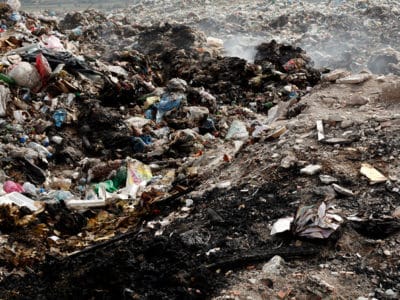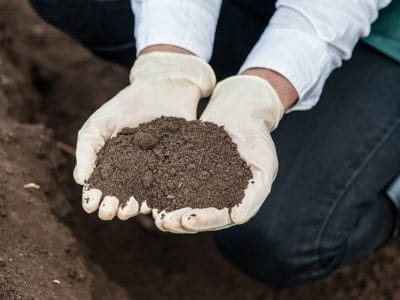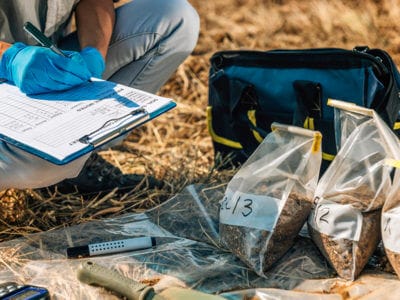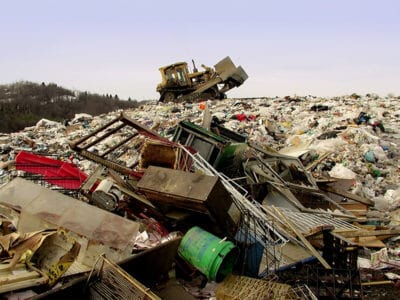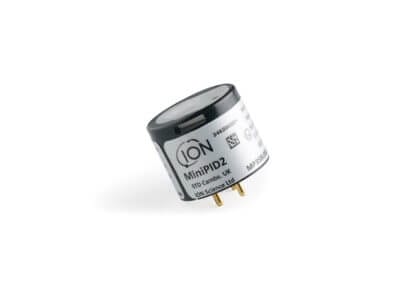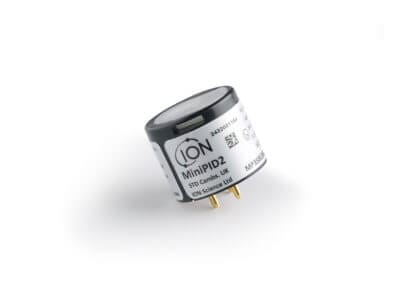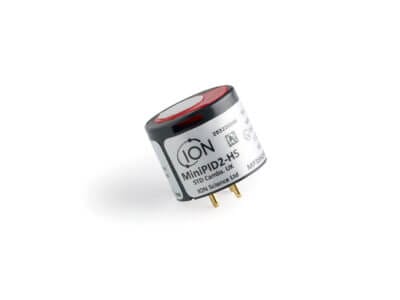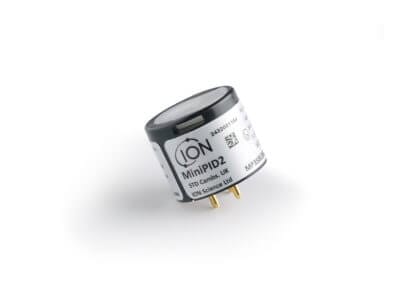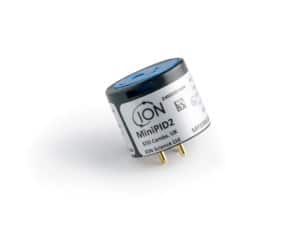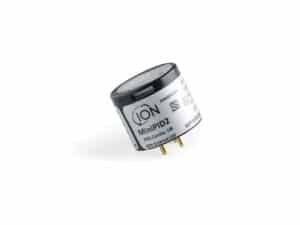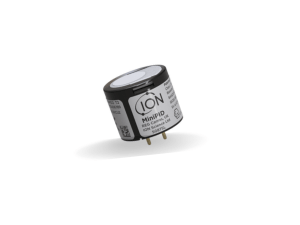
Detecting VOCs In Soil
Volatile Organic Compounds (VOCs) In Soil
VOCs enter soil from many sources including, from the atmosphere by wet or dry deposition (typically rainfall or deposition of ash and particulate smog), as liquids and solids as a result of petrochemical spillage and leakage and clandestine dumping of waste, from deliberate spreading of waste products as an intended improvement to soil health (e.g. sewage sludge, composted domestic waste), and run off of contaminated surface water from asphalted and paved surfaces. Soil biota produce large quantities of methane, but not other VOCs.
Site Investigation & Remediation
Despite the complexity of VOCs dynamics in soil, in general, non-polar VOCs tend to be transported as vapor through soil air, with a tendency to escape into buildings at sub-soil level.
By contrast, more polar VOCs tend to be transported downwards by water, resulting in contamination of groundwater. Of course, even the very low concentrations of non-polar VOCs such as benzene, xylene, perchloroethylene, and vinyl chloride are sufficient to seriously contaminate groundwater, despite, in many soils, a much larger proportion of these VOCs being dispersed as a vapor via soil air.
Soil investigations help to determine the;
- Bearing capacity of the particular soil, bearing capacity determines the design of the proposed structure on the soil.
- Rate of the settlement of the soil, which determines the settlement rate of the structure on the soil.
- Select the suitable construction technique
- The water table level of the soil, which affects the foundation of the building and determines the safety of the building.
- The chemical and mineral contents of the soil, which determine the selection of material used in construction.
”VOCs of both low volatility and low water solubility are liable to reside in soil for a long
UK Environment agency. ‘Review of the Fate and Transport of Selected contaminants in the Soil Environment, ISBN 1844323145, UK.
time – possibly decades. Their removal then depends upon chemical processes such as oxidation and hydrolysis, assisted by soil biota. The most retained organic compounds in soil are those of very low volatility, low water solubility, and resistant to chemical and biological degradation. Chlorinated polyaromatics, and phthalates are examples of such persistent chemicals, which are coincidentally harmful to soil biota and other lifeforms at very low concentrations. A very good account of the fate of soil pollutants is provided by Defra, UK.
Importance Of Soil Investigation
The investigation of the soil is very necessary for construction activities. It is the natural foundation of every structure or dam that is ever built in the world. Often soil testing is not done before the start of the construction as it is considered a waste of money.
The soil test gives or shows the physical and chemical characteristics of the particular soil. These characteristics vary from soil to soil and layer to layer even within the proposed area of the construction. The soil characteristics can change with time. The climate, weather changes, and management of the site can lead to change in characteristics. All these changes affect the bearing quality of the soil. Any project that is constructed has to be designed to meet the bearing capacity of the soil. Any mismatch between the soil bearing capacity and structure could cause loss of property and life.
Geotechnical investigation is an integral part of the construction process which is done to obtain information about the physical characteristics of soil/rock around a site. It is a below-ground investigation wherein the soil strata are sampled and tested to establish its characteristics, which will influence the construction project.
The soil investigations provide the engineer with knowledge of the subsurface conditions at the site of an engineering project. It allows the engineer to work out the safe and economical design of a project and inform the construction engineer about the material and conditions he will encounter in the field.
Volatile Organic Compounds VOCs In Soil
Volatiles diffuse through soil extremely slowly, and times scales of years may be significant. A not too embracing definition of a VOC in the soil which covers such marginal cases is therefore needed. An appealing measure of volatility is the evaporative loss in determining volatile content, such as is used to provide a legal definition of volatile.
– ‘Standard Test Method for Loss-On-Drying by Thermogravimetry’, ASTM E1868–10 (2015), ASTM.
A study of evaporative VOC loss from 1 g samples placed in ambient quiescent air over 6 months found >5% weight loss in all chemicals tested of boiling point >280°C. For VOCs of higher boiling point, vapor in the air tends to form particulates, and safety data tend not to be quoted as a vapor concentration. This is adopted as the threshold for volatility here.
– Occupational Safety and Health Administration (OSHA)
Download our FREE Guide
“Site Investigation & Remediation”
The site investigation & remediation guide which can be downloaded below provides the reader with an in-depth balance of knowledge of why VOCs in the soil are mobile as a consequence of vapor diffusion and water transport, to an extent that depends on the soil, the VOC polarity, solubility, and propensity to break down due to the local chemical and biological soil environment. VOCs that affect soil biota should be considered harmful in respect of their many wider benefits.

Related Guides
Photoionization Sensors For The Detection Of Volatile Organic Compounds (VOCs)
Download your FREE Guide
Simply complete the form below to obtain your FREE Guide on “Site Investigation & Remediation”.




